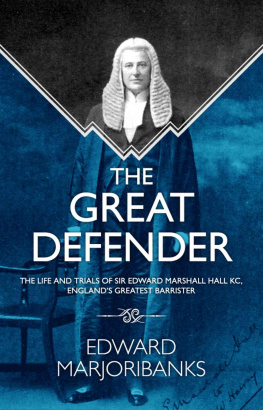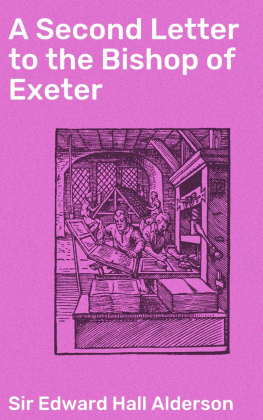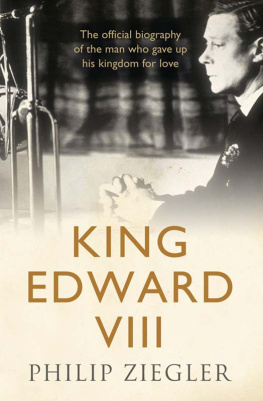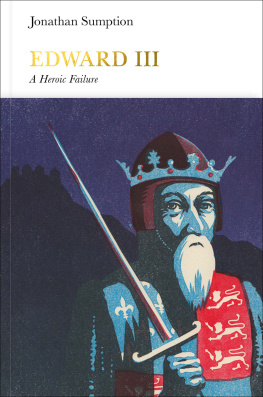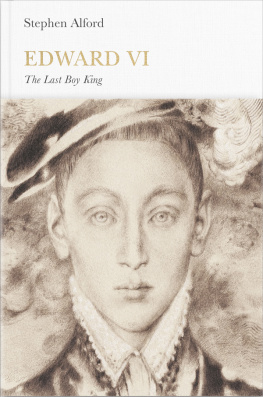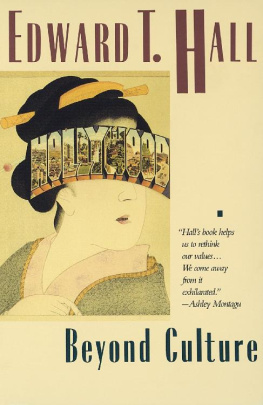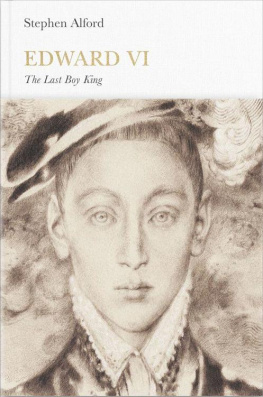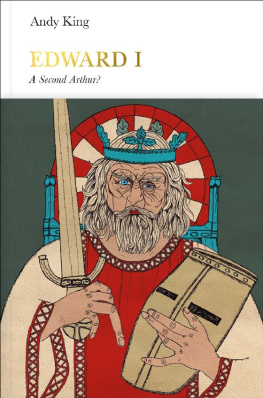Published in 2014 by Monday Books Ltd withnew introduction by Ga ry Bell QC and author biography .
No Part of this document may be reproducedor transmitted in any form or by any means, electronic or otherwise, withoutprior written permission by the publisher .
INTRODUCTION BY GARY BELL QC
SIR EDWARD MARSHALL HALL KC is widely acknowledged as thefinest advocate ever seen at the English criminal bar.
Fittingly, then, this fascinating book originally publishedin 1929 as The Life of Sir Edward Marshall Hall is regarded as one ofthe best biographies of a barrister ever written.
Indeed, Sir John Mortimer, of Rumpole fame, said itwas 'far and away the best', and the late Law Lord, Lord Scarman, wasone of many barristers lured to the law by its light. 'When I was 15,' saidScarman, 'I read the life of Marshall Hall. My feelings about it were entirelyromantic. I had no interest in the law at all. I wanted to be a great advocate.'
Marshall Hall practised during a period when there wasenormous public interest in criminal trials, and he was instructed in the mosthigh-profile murder cases of his time.
The stakes were high: his clients faced either gloriousacquittal, or a trip to the gallows.
More often than not, if they were represented by Marshall Hall,with his dramatic eloquence and histrionics (he often cried in court), theylived to see another day.
In 1920, he defended Harold Greenwood, a solicitor accused ofpoisoning his wife; his closing speech in that case is popularly acclaimed asthe finest speech ever heard at the English Bar.
It was the third murder trial that Marshall Hall had foughtthat year, and he was already in poor health (he would die in 1927, aged 68,from pneumonia exacerbated by overwork), and many thought it a hopeless case.
When Mrs Greenwood had died suddenly the previous June, herdoctor confidently stated that the death was due to heart disease. But MrGreenwood began to dally with other women within a matter of months, and localgossips quickly suggested that he had murdered her. The police had the bodyexhumed; there was no sign of heart disease, but instead traces of arsenic werefound.
The newspapers and scandal sheets of the day immediatelyroared into action and their excitement only increased when an inquest juryreturned a unanimous verdict of 'murder by arsenical poisoning... administeredby Harold Greenwood.'
Marshall Hall decided to accept the defence brief, despitethe fact that it appeared, to many, to be an open-and-shut case. Shortly beforethe trial, he found himself in a shop owned by an old friend, a silversmith. 'I'msurprised at you, Sir Edward,' said the silversmith, 'for defending thatblackguard, Greenwood. You must see he's guilty yourself. However, I suppose it'syour job.'
'Guilty, indeed,' retorted Sir Edward. 'The man's innocent,and I'll get him off you'll see.'
He did so by creating doubt about the doctor's treatment ofMrs Greenwood, by carrying out a 'vehement' cross-examination of a Greenwood family maid, and by calling the dead woman's own daughter to give evidence in herfather's favour.
But mostly he did so with a typically theatrical closingspeech. The case for the prosecution, he contended, had fallen apart. Begun bylocal gossip, it had depending on uncertain and changing memory and scientificerror. 'Your verdict is final,' he told the jury. 'Science can do a great deal.These men, with their mirrors, multipliers, and milligrams, can tell you, tothe thousandth or the millionth part of a grain, the constituents of the humanbody. But science cannot do one thing that is, to find the final spark whichconverts insensate clay into a human being.'
Dropping his voice to a whisper, he closed as he had opened with a quotation from Othello:
'Put out the light, and then put out the light.
'If I quench thee, thou flaming minister,
'I can again thy former light restore,
'Should I repent me; but once put out thy light,
'Thou cunning'st pattern of excelling nature,
'I know not where is that Promethean heat
'That can thy light relume.'
'Are you going, by your verdict, to put out that light?' hesaid. 'Gentlemen of the jury, I demand at your hands the life and liberty ofHarold Greenwood.'
They acquitted Greenwood within the hour.
His advocacy was, and remains, legendary in its flamboyanceand showmanship. His road to fame began when he defended Marie Hermann, amiddle-aged Austrian woman and former governess who was abandoned by herhusband and turned to prostitution to feed her three children, one of whom wasblind. She was charged with the murder of an elderly client, and even shebelieved she would be hanged. Marshall Hall saved her from the gallows with animpassioned plea to the jury. He asked them to 'cast aside all prejudicebecause of this woman's way of life' and said, 'I beg you to remember thatthese women are what men made them; even this woman was once a beautiful andinnocent child.' Then, with tears on his cheeks and pointing to her in thedock, he begged, 'Look at her, gentlemen of the jury, look at her. Godnever gave her a chance. Won't you?'
They did, and she was found not guilty of murder.
Marshall Hall's own private life was an unhappy one. Hisfirst marriage, to the beautiful but neurotic Ethel Moon, was ruined by hiswife's coldness and indifference to him. He loved her passionately, but sherejected him; even on their honeymoon in Paris told him that she didn't lovehim and could never care for him as he cared for her.
After they legally separated in 1889, she became pregnant byher lover, a young officer. Aged 27 and terrified of childbirth, she had abotched illegal abortion, which killed her. Marshall Hall never quite got overher death. His guilt at being unable to save his wife from herself led himto the impassioned support of women maltreated by men.
Himself the son of a wealthy doctor, heattended Rugby School and Cambridge University, but he was anxious that the Barshould not be closed to those without his advantages in life. As a result, onhis death he left a considerable sum of money in Trust tobe administered by the Inner Temple for the benefit of young barristers frompoor backgrounds who were starting out on their careers.
When I joined the Inner Temple in 1989, I waspenniless and sleeping rough, and was only able to complete my pupillage thanksto a bursary from the Marshall Hall Fund.
Twenty five years later, I am a QC specialising in criminal defence, and trying in vain to reach the giddy heightsof advocacy achieved by Sir Edward Marshall Hall.
- Gary Bell QC, May 2014
(Gary Bell's autobiography, ANIMAL QC, will be published byMonday Books in 2015)
ABOUT THE AUTHOR
EDWARD MARJORIBANKS was a brilliant politician, barristerand author until his tragic and untimely death by suicide, aged just 32.
Born in Bath on Valentine's Day 1900, the son of the Hon. ArchibaldJohn Marjoribanks, and American judge's daughter Elizabeth 'Myssie' Brown, ofNashville, Tennessee, he was educated at Eton, where he was captain of hisschool, and Christ Church, Oxford, where he studied Classics and received afirst class degree. He was president of the Oxford Union, in 1922 and wascalled to the Bar in 1924. From 1929 until 1932 he was M.P. for Eastbourne, East Sussex.
He never knew his father - he died from a heart attack whenEdward was a baby - but his mother remarried, becoming Lady Hailsham in 1905. Shedied in 1925 following a stroke so didn't live to see her son take his seat inthe House of Commons.

